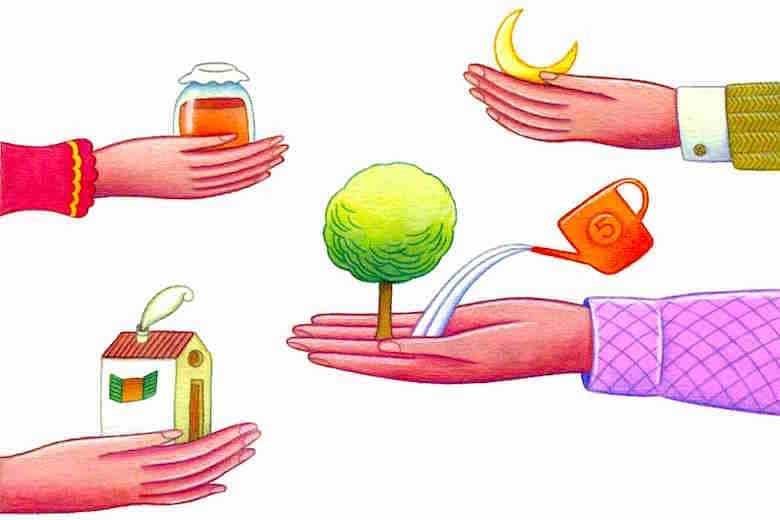The pandemic has definitely increased the inequality. There are those who have made dizzying profits, like Amazon (plus 25 billion euros, practically the GDP of Honduras), and those who have closed or have gone bankrupt. Small neighborhood shops are by far the hardest hit by this crisis.
To rediscover them while at the same time embracing environmental sustainability, a company comes forward that creates real commercial networks based on shops and neighborhood activities. It's called XTribe, it was born in 2012 and has since perfected its proprietary geomarketplace.

XTribe, neighborhood activities in synergy
The app Xtribe allows points of sale, professionals and individuals to sell products and services. Registered users can in turn both sell and use bartering as a form of purchase, with a special focus on the fight against waste and the relaunch of neighborhood activities.
“Our main focus,” he says Mattia Sistigu, co-founder of XTribe, “was to bring people down to the streets of the neighborhood and also do business, abandoning the typical dynamics of e-commerce, giving value to human relationships and encouraging commerce and neighborhood activities”.
With Xtribe we were able right from the start to encourage trade in shops or in neighborhood businesses. With our App you can discover that the object of desire or the service we want to enjoy is not necessarily located overseas. To get it, you don't have to bother with couriers, transport and so on: just go to the shop or the activity under the house or maybe meet with a xtriber in a bar and have a chat. This aspect convinced everyone from the beginning.
Mattia Sistigu, co-founder of XTribe
Bypassing the delivery
The operational logic of XTribe is all about sharing intentions and proximity. Proximity activities, neighborhood trade and environmental sustainability all have a red thread, that of proximity. Users can easily switch from online to offline, rediscovering the nearest places and getting in touch with them directly.

Xtribe (https://www.xtribe.com/), in fact, allows you to see the products and services available in the immediate vicinity. Two cornerstones: geolocation, which indicates who and what is selling, bartering or renting, and the internal chat. With that, all neighborhood businesses and interested users can keep in touch and arrange a meeting, or a pickup at the point of sale. In this way, the purchase will be made with the certainty that the product is really and immediately available.
If through an app a person has the opportunity to find a product a few tens or hundreds of meters away, the perspective changes. She will be able to leave the house, go to the store and buy exactly what she wants, sure to find what she is looking for 100%. All of this means 'taking' a person to a small store and avoiding them relying on a shipment, or driving several kilometers to reach a large shopping center. A dynamic that, multiplied by thousands of people, it has a tangible impact on both local trade and the environment.
Not just sales, but also bartering and rental
XTribe has three different modes with a single common denominator: break down any type of waste. In addition to restoring the focus of offline commerce, it helps to rediscover "green" modes of transaction.
In fact, 25% of the operations within the app are concluded through the activity of the barter. The growing importance of the rental which allows you to use an asset to satisfy a limited need over time, with the advantage of not buying what is not strictly necessary and will not be used several times. A method that avoids wasting resources and allows you to give new life to objects that, once bought to satisfy a specific need, would remain unused in a drawer.
A good solution to recover neighborhood activities, mostly suitable for small towns, it seems. And instead.
“The Xtribe model is truly versatile,” says Sistigu, “and with the right settings it can also adapt well to other cultures and worlds other than ours. For now, for example, we have already landed in New York. Then who knows: we don't want to impose limits on ourselves. "


